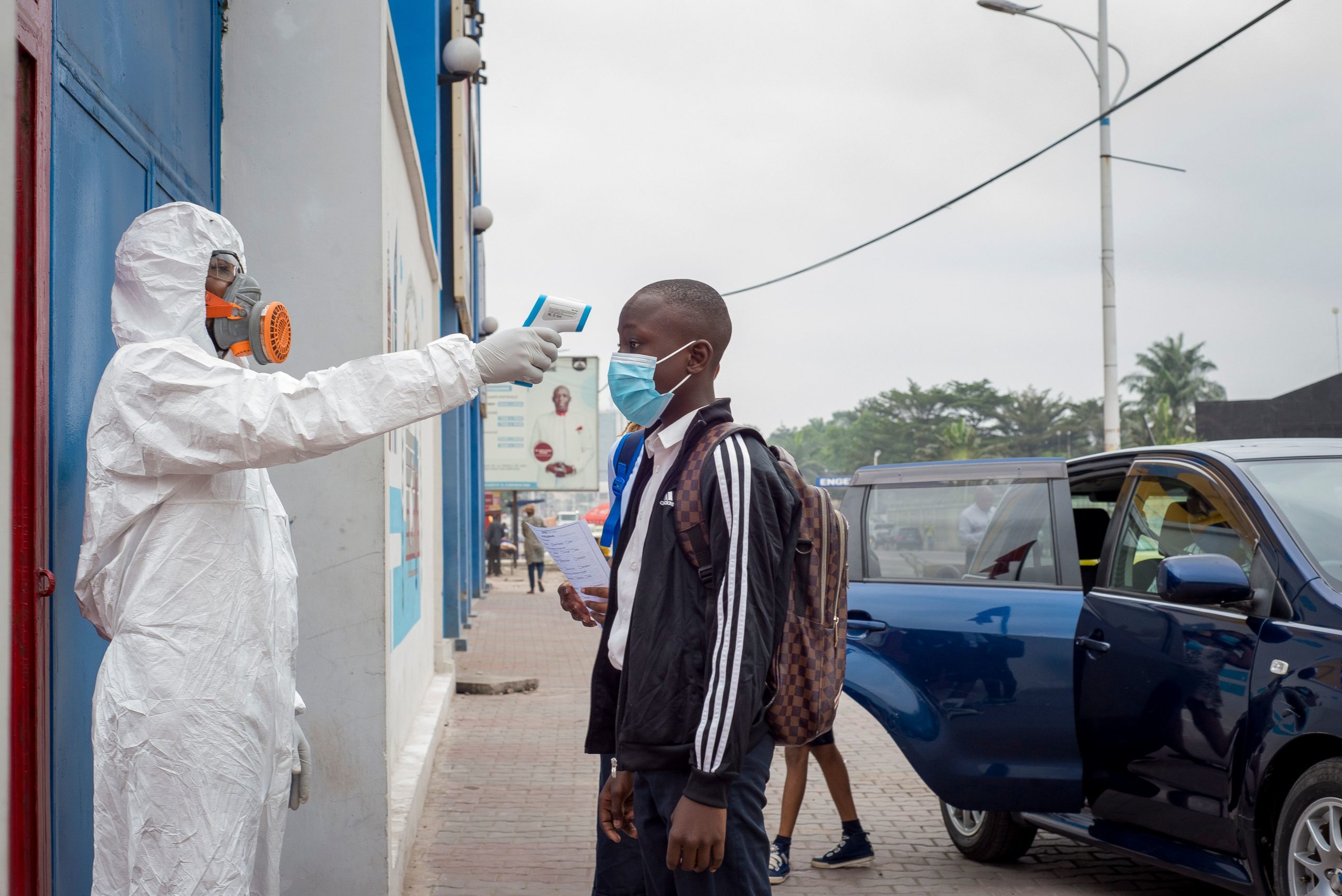In Africa, the jury is still out on the tradeoff between Covid-19 lockdowns and livelihoods.
Following the outbreak of the Covid-19 pandemic in early 2020, many African governments swiftly implemented broad containment and lockdown measures that helped save many lives but which came at a great cost to economic activity and livelihoods.
This is one of the key conclusions of the African Development Bank’s (AfDB) African Economic Outlook (AEO) 2021 report, released on March 12, which critically assesses the costs and benefits of lockdowns. African countries that imposed stringent lockdowns reported lower Covid-19 infection rates, the report finds, after controlling for the use of public information campaigns, testing, and contact tracing policies as well as recurrent shocks that are common across countries, such as weather-related shocks (such as droughts and flooding).
Lockdowns have curbed disease spread in Africa, but less effectively than elsewhere
African countries have been proactive in their responses, taking preventive measures as soon as confirmed Covid-19 cases were reported. Half of African countries with available data restricted international travel through arrival screening, quarantines, bans on arrivals from some or all regions, and even total border closures one day after the first Covid-19 case was detected.
Loading...
The report indicates that closures of schools, public transport systems, and workplaces, as well as curfews and cancellations of public events, proved more effective in curbing Covid-19 infections than prohibitions on private gatherings and bans on domestic and international travel.
Lockdowns had a more pronounced impact in other regions than across Africa, which saw only modest reductions of about 0.1% in infection cases per thousand after one month, and of about 1% after 60 days. By comparison, using the same approach and data, IMF data from 15 G20 countries found that after a month of lockdowns, Covid-19 cases fell by an estimated 40%.
Why? One explanation is that a significant majority of Africans are engaged in informal activities that do not permit working from home. These informal workers – who are paid daily or weekly, rarely have savings, and lack access to bank loans – are more likely to defy official lockdown measures to safeguard their livelihoods.
The result is that, despite their best efforts, African governments have been unable to impose lockdowns as stringent as those in industrialized nations, where remote working is feasible for a larger share of the population.
Stringent lockdown measures are associated with significant economic contraction, the report finds. In particular, when the index of lockdown stringency increased by one unit, GDP and the industrial production index decreased on average by respectively 0.59% and 0.29% during the first half of 2020 – when the outbreak peaked in Africa – versus the same period in 2019.
A tricky tradeoff?
The pandemic seems to present African countries with a tricky trade-off between saving lives, on the one hand, and protecting economic activity and livelihoods on the other. But this framing is misleading. African countries can successfully pursue both objectives by imposing lockdowns while taking measures to limit the effects of those lockdowns on people’s livelihoods, especially the poor, and on businesses. Finding the right balance between these two aims is crucial.
The AEO recommends a number of policies that could be implemented. For instance, where there is fiscal space or sufficient liquidity, policymakers should maintain fiscal and monetary support to vulnerable people and businesses to enable them to stay afloat. In other countries, international grants and concessional loans can be deployed instead, so long as debt sustainability levels are not exceeded.
Expanding social safety nets to include informal sector workers can protect the vulnerable from falling into extreme poverty. By taking advantage of increased digitalization and mobile money services, governments can provide relief to informal workers quickly and at reduced cost. Lastly, public information campaigns are crucial to securing the population’s buy-in and boosting the effectiveness of anti-pandemic measures.
As the rollout of vaccines slowly proceeds, the AfDB will support countries in implementing the AEO’s policy recommendations. That way, Africa can simultaneously save lives and protect livelihoods.
– By Dr Hanan Morsy and Dr Adamon Mukasa; Morsy is the Director of the Macroeconomic Policy, Forecasting and Research Department at the African Development Bank, and Mukasa is Senior Research Economist in the same department.
Loading...
